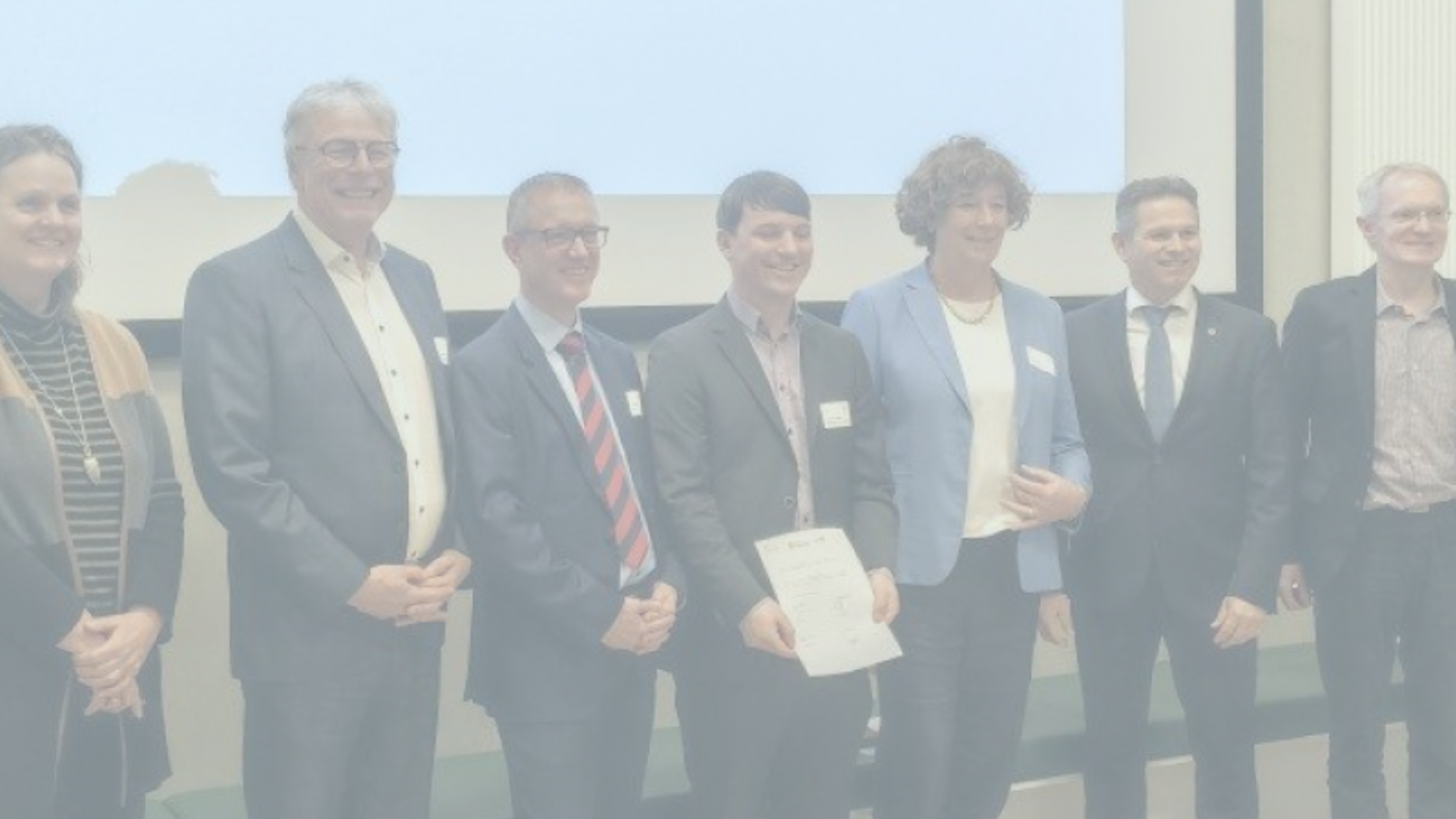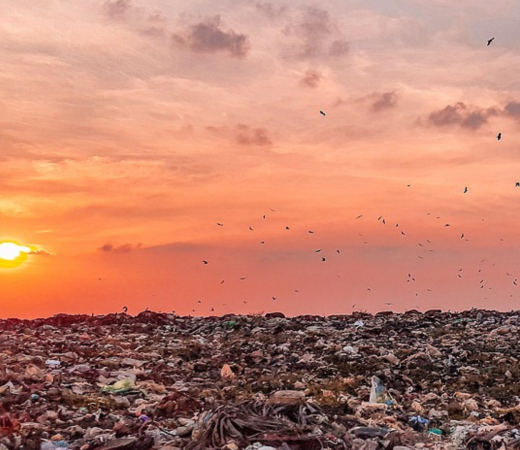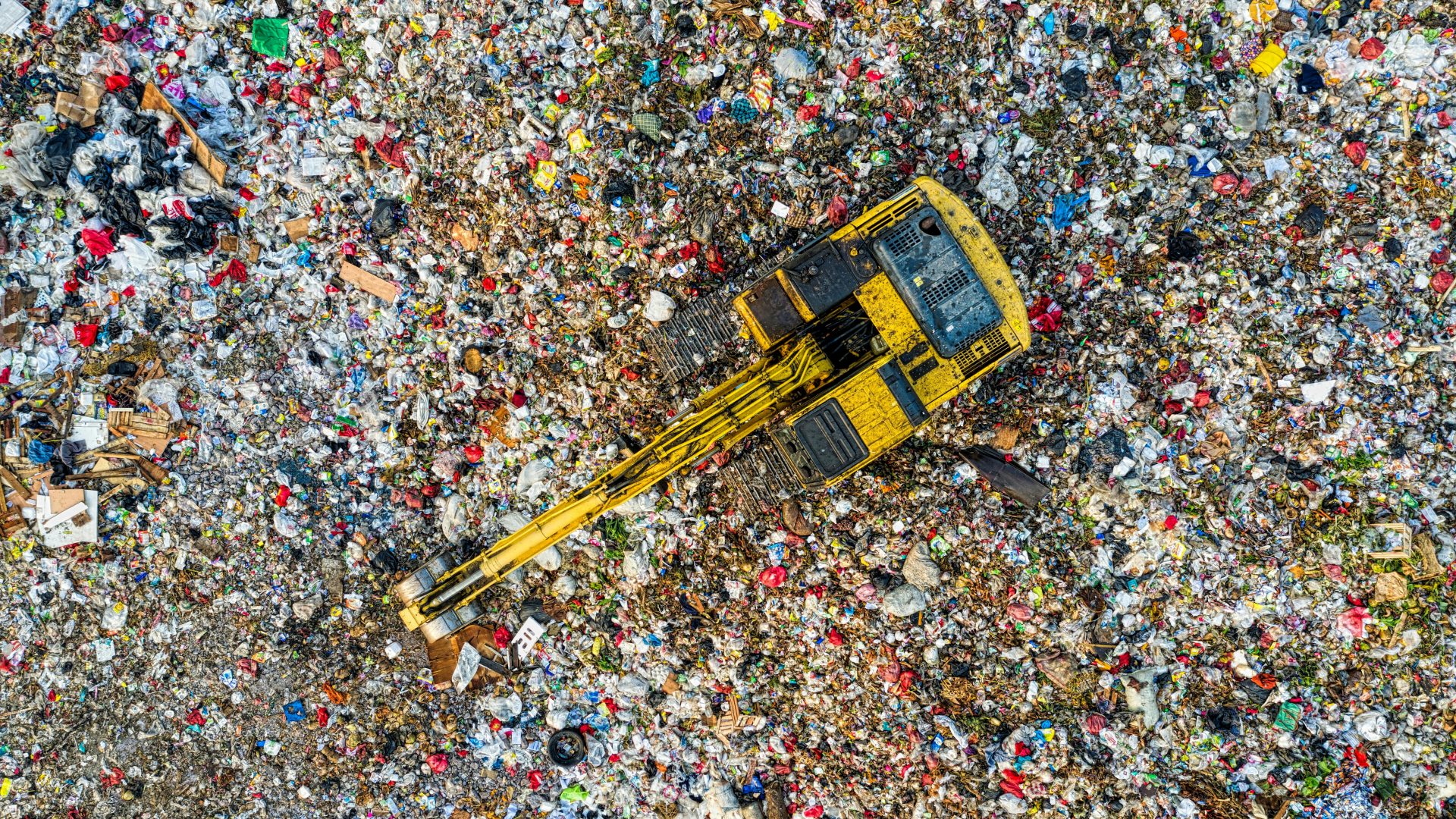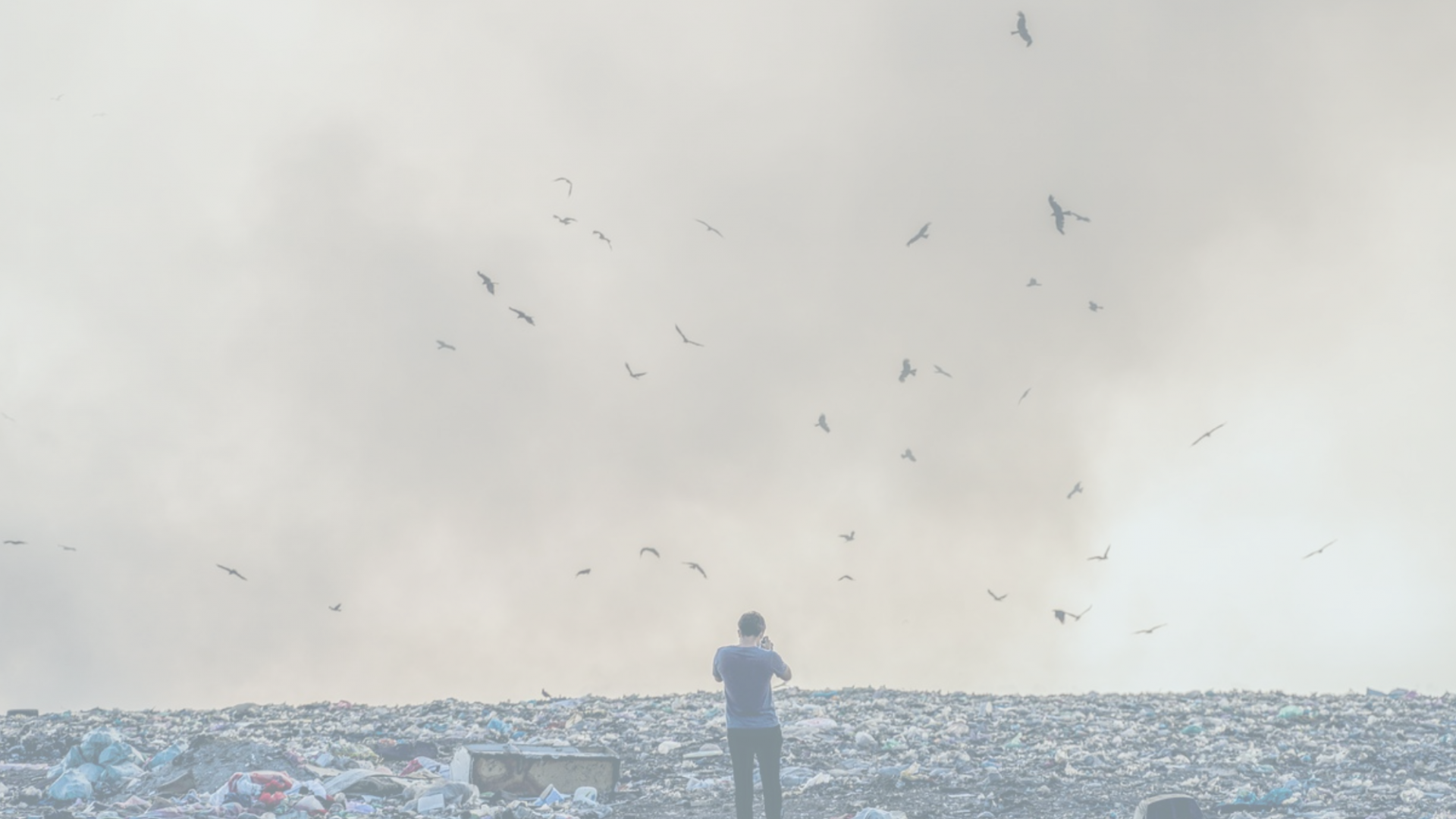
Project: Circular C

Carbon as a building block
Carbon is an important building block for the (chemical) industry, but today it mainly comes from fossil sources. The “Circular C” project is investigating how we can use waste streams such as plastic and household waste as circular carbon sources. In this way, we avoid fossil emissions and build a climate-neutral industry in the Ghent-Terneuzen-Vlissingen region.
Why is Circular C important?
Industry in our region emits more than 22 million tonnes of CO₂ annually. A large proportion of these emissions come from fossil carbon, which we import from outside the EU. Circular C aims to break this dependency by converting locally available waste streams, such as plastic waste and household waste, into new raw materials. In this way, we avoid incineration, reduce emissions and strengthen our economic independence.
How does it work?
Together with Flemish and Dutch partners within the Smart Delta Resources (SDR) network, an innovative system was developed that converts waste into:
- Synthesis gas via gasification (partial combustion)
- Pyrolysis oil via pyrolysis (heating without oxygen)
These products can be reused as raw materials in industry. Thanks to an extensive technical and economic analysis, we know that this system offers realistic opportunities for a profitable circular business case, especially in a region with strong cross-sector cooperation.
What are the next steps?
In the next phase, we will work on the concrete roll-out of the circular system in our region. This unique system approach requires cooperation between industry, technology partners and investors. We will focus on:
- Selecting suitable technology partners and locations
- Matching supply and demand for raw materials
- Attracting commercial investors
In addition, the development of supportive policies and regulations is crucial to enable this transition.
Together, we are building a future in which waste is not a problem but a solution.
Waste and carbon are not the end, but the starting point of a circular economy.

